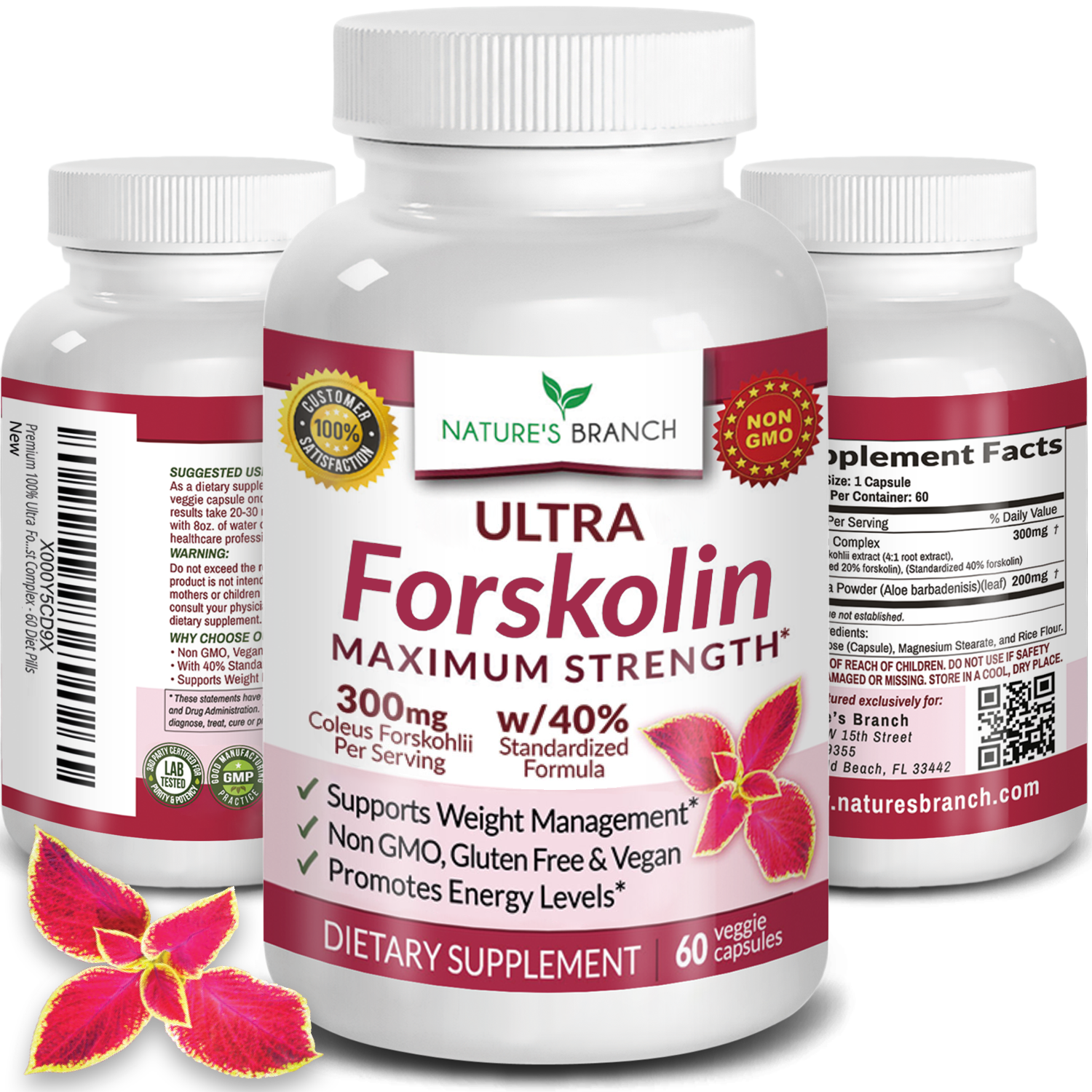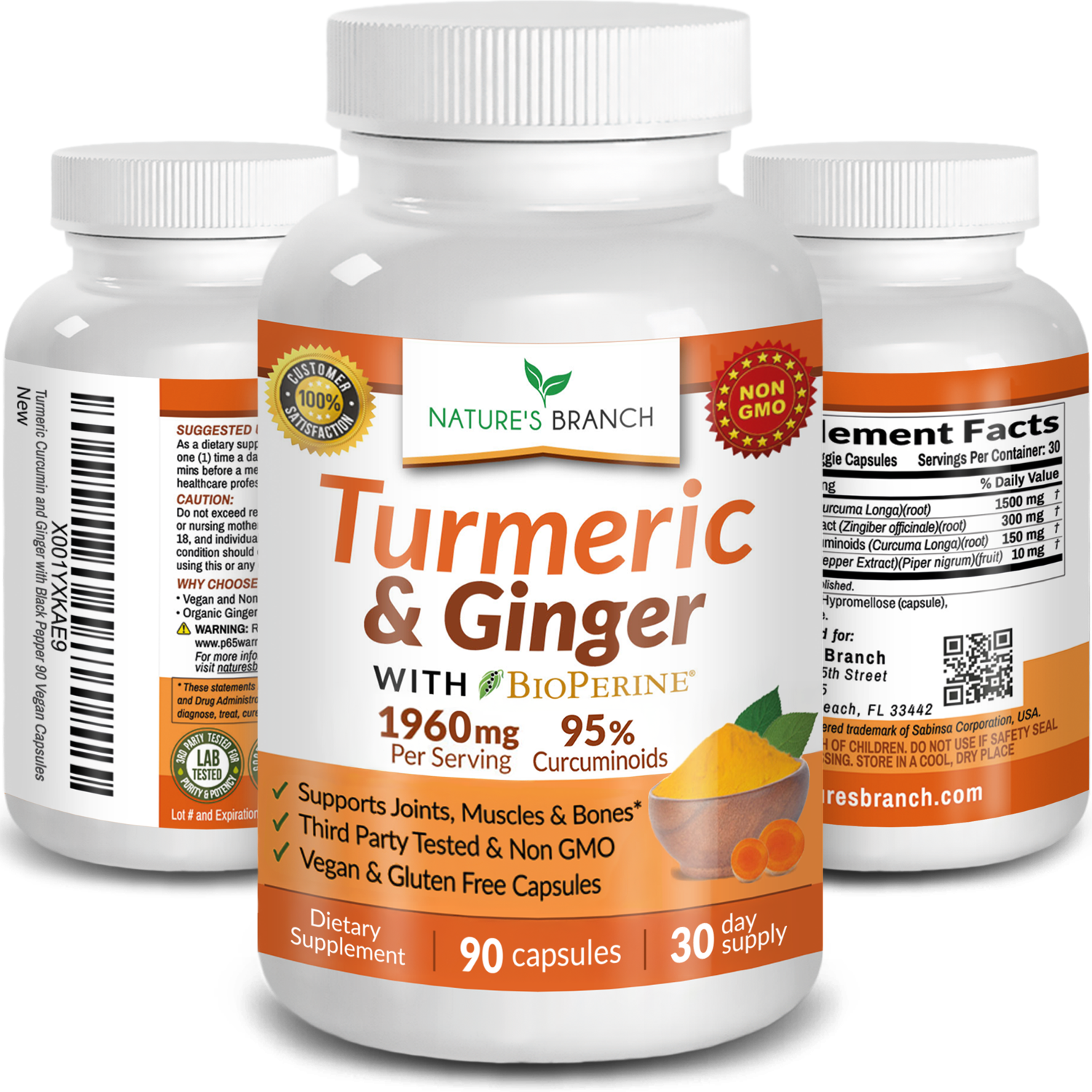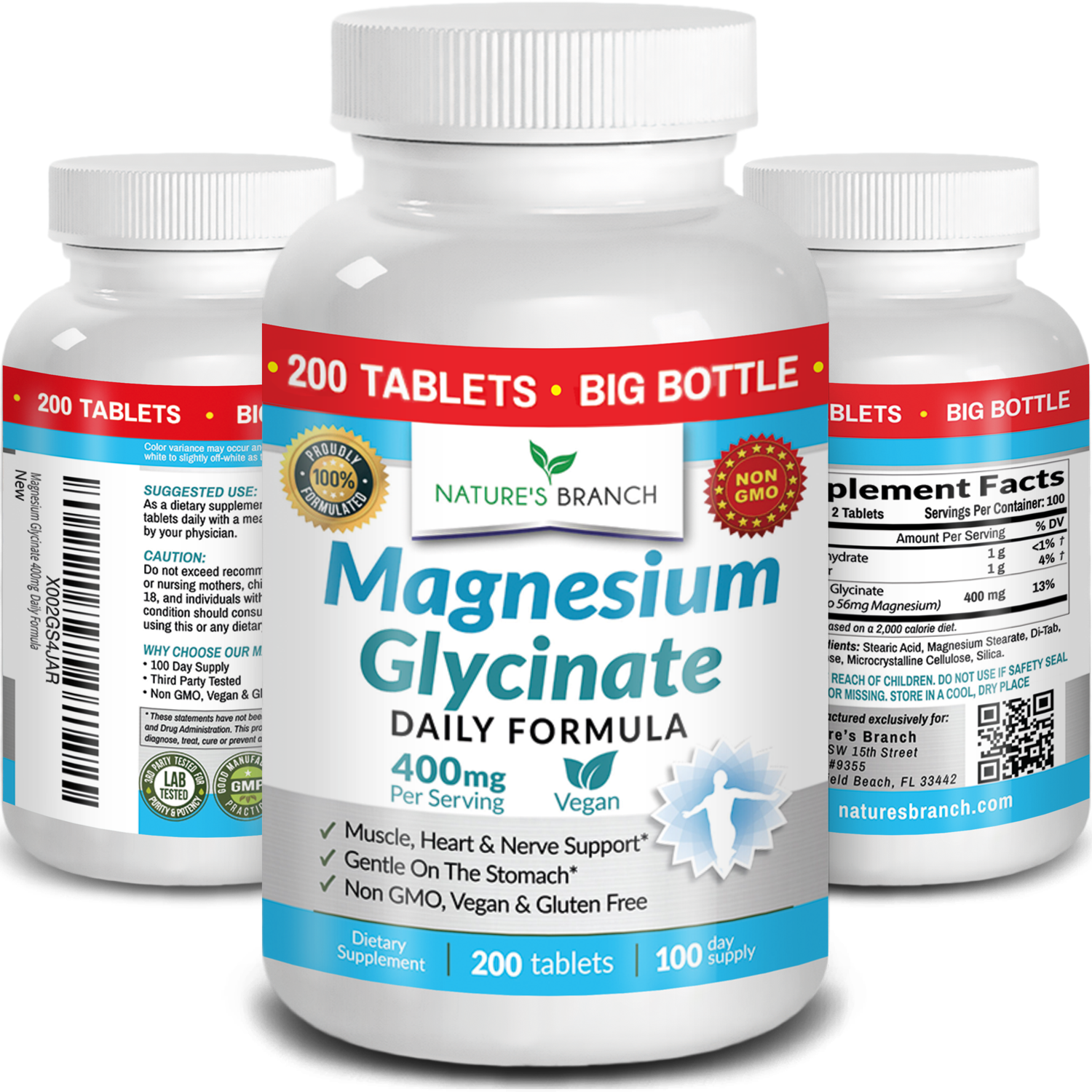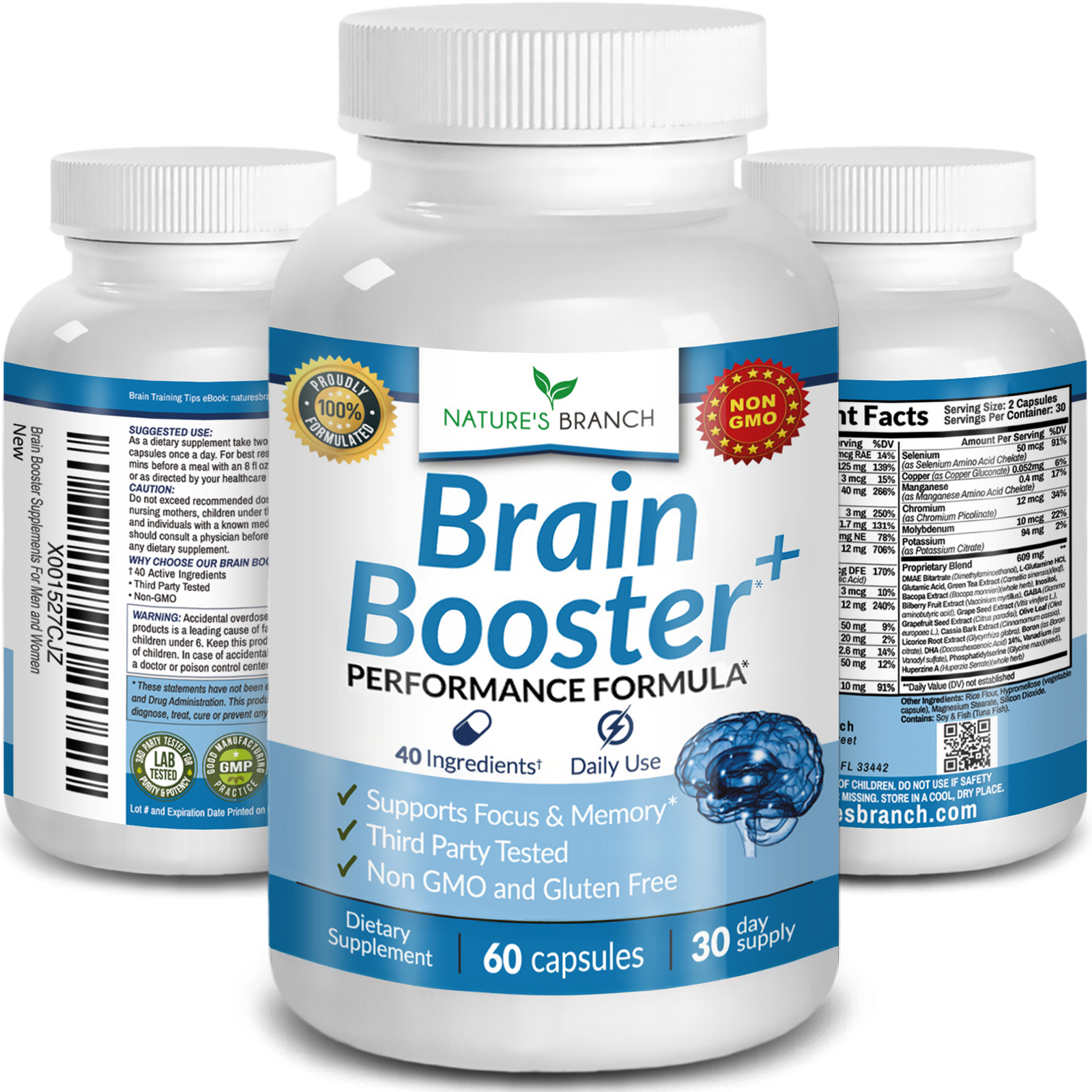Magnesium has been shown to be a key factor in ensuring good nerve functions, muscle support, and energy production. Given these vital functions, it is also a known fact that magnesium is the fourth most abundant mineral in the human body that comes after calcium, potassium, and sodium.
A 2020 study conducted regarding the amount of magnesium consumed by average Americans showed that the standard diet in the United States contains approximately 50% magnesium, which assumes that half of the total population is magnesium deficient*.
With this being said, what makes magnesium special, and what’s in it for you?
Magnesium is needed in hundreds of bodily processes
Magnesium is one of the most abundant components of the body. It supports the body's biochemical processes by acting as a helper molecule in reactions mainly conducted by enzymes. It is involved in operations like energy production wherein magnesium collaborates with other body enzymes to convert the food we eat into the energy we need. It also contributes to our neural function where it regulates neurotransmitters for an efficient process of sending messages from the brain, nervous system, and throughout the body.
Magnesium may help in lowering your blood pressure
According to the American Heart Association's journal, around one-third of adults in the United States have high blood pressure, only half of whom have their high blood pressure under control. In the same article, the organization has identified and recommended magnesium as a potential remedy*.
When we have sufficient magnesium in our body, it may help lower a person's systolic and diastolic blood pressure. However, one should note that magnesium's "lowering effect" may only be prominent for people who are within the prehypertension or early hypertension stage. While there has been ongoing research about the impact of magnesium on our blood pressure, it has been widely documented that this mineral aids to maintain normal nerve and muscle function, maintain a steady heartbeat, support a healthy immune system, and help bones to remain strong*.
Magnesium supports performance, specifically when doing exercise
Magnesium plays an important role whenever you engage yourself in exercise. Magnesium supports the muscle build-up and gives direction to help our body's blood sugar move into our muscles and help discard lactate, which is known as one factor contributing to muscle fatigue.
In addition to this, magnesium also helps keep bones healthy. Bone fractures are quite common accidents for athletes and those who are engaged in physical activities. With enough magnesium in your system, along with vitamin D it can help support bone strength.
Magnesium to promote better sleep
Have you ever experienced muscle cramps while you were asleep? Studies have shown that a mineral imbalance usually causes this twitching and that's where magnesium may come into play. Magnesium has been said to assist a good night sleep and help with anxiety level, thus helping to improve mood*.
Magnesium may keep you away from frustration due to constipation
Constipation is a common experience for some people. Magnesium has been noted as having a way with helping our bowels get back to their normal schedule. This mineral is said to drag water into our intestines which then stimulates mobility within the bowel. The water drawn will also help soften your stool which will eventually increase in size, then trigger the bowel movement. Usually, foods that contain magnesium also contain fiber which will then interact and help reset your body to its normal state*.
What are the Top Sources of Magnesium?
Magnesium is widely available and within our reach. Currently, health professionals recommend that you consume an average of 400-420 mg per day for men and at least 310-320 mg per day for women. That huge, huh! Don’t worry. You can achieve magnesium-sufficiency with the typical and natural sources available within your reach.
Here are the top 4 food sources of magnesium:
1. Avocados
Avocados are famous for having to provide nutrition without the compromise of flavor. Part of the nutrients an avocado gives would be magnesium wherein one medium-sized avocado contains 58mg, which is already 15% of the recommended daily intake. Along with this, avocados also provide monosaturated fat known to be the best kind of fat for your heart. You’re getting the full package. We can’t deny that avocado is one tasty and healthy fruit indeed!
2. Nuts
Nuts are usually our go-to snacks. But did you know that they aren’t only delicious but also nutritious? Take, for example, an ounce of your favorite cashew nuts contains 82 mg of magnesium which is already 20% of the recommended dietary intake on its own. Nuts also offer monounsaturated fats just like that of avocados along with fiber.
3. Dark Chocolate
Never thought eating chocolate can help with your health journey? Well, dark chocolate, precisely an ounce of it already contains about 15% of your required daily intake of magnesium which is about 64mg. Plus, it’s filled with antioxidants known to help out with the aging process and help you look and feel younger.
Other food sources include, but not limited to, beans, leafy vegetables, milk, and fortified foods.
4. Magnesium Glycinate Supplement
While the most efficient way to consume nutrients is in their natural forms, not all people are fanatics of the foods mentioned above.
So, how do you make your body magnesium-sufficient? Well, there's always a way - Magnesium Glycinate!
Magnesium comes in different forms, but the one widely used is glycinate due to its stronger form of absorption. The glycinate form of magnesium is said to help anxiety, insomnia, stress, and inflammatory conditions*.
Nature's Branch Magnesium Glycinate supplement contains 200 vegan tablets per bottle for a 3+ month supply, so there's no need for constant reordering! Our non-GMO tablets have 400mg of expertly-formulated magnesium glycinate per serving, which is designed to help support bones, muscles, sleep, leg cramps, anxiety, and heart health*. Our magnesium glycinate tablets may also assist with immunity, flexibility, and mobility*. Nature’s Branch Magnesium Glycinate's superior advantage is that it comes in small-sized, easy to swallow tablets for everyday premium daily supplementation.
Our Magnesium Glycinate supplement can be found here in our online supplement store. Click on the image below to find out more! As a final reminder, always check with your doctor before starting any supplements.



















Leave a comment (all fields required)